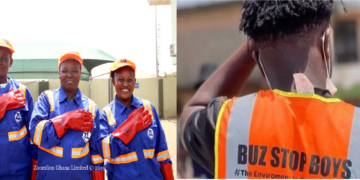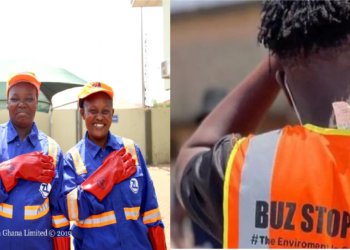Imagine how 22-year-old Fatu Kekula felt nursing her entire family through Ebola.
Her father. Her mother. Her sister. Her cousin. Fatu took care of them all, single-handedly feeding them, cleaning them and giving them medications.
And she did so with remarkable success. Three out of her four patients survived. That’s a 25% death rate — considerably better than the estimated Ebola death rate of 70%.
Fatu stayed healthy, which is noteworthy considering that more than 300 health care workers have become infected with Ebola, and she didn’t even have personal protection equipment — those white space suits and goggles used in Ebola treatment units.
Instead Fatu, who’s in her final year of nursing school, invented her own equipment. International aid workers heard about Fatu’s “trash bag method” and are now teaching it to other West Africans who can’t get into hospitals and don’t have protective gear of their own.
Every day, several times a day for about two weeks, Fatu put trash bags over her socks and tied them in a knot over her calves. Then she put on a pair of rubber boots and then another set of trash bags over the boots.
She wrapped her hair in a pair of stockings and over that a trash bag. Next she donned a raincoat and four pairs of gloves on each hand, followed by a mask.
It was an arduous and time-consuming process, but Fatu was religious about it, never cutting corners.
That was how Fatu cared for her relatives.
Source: cnn















